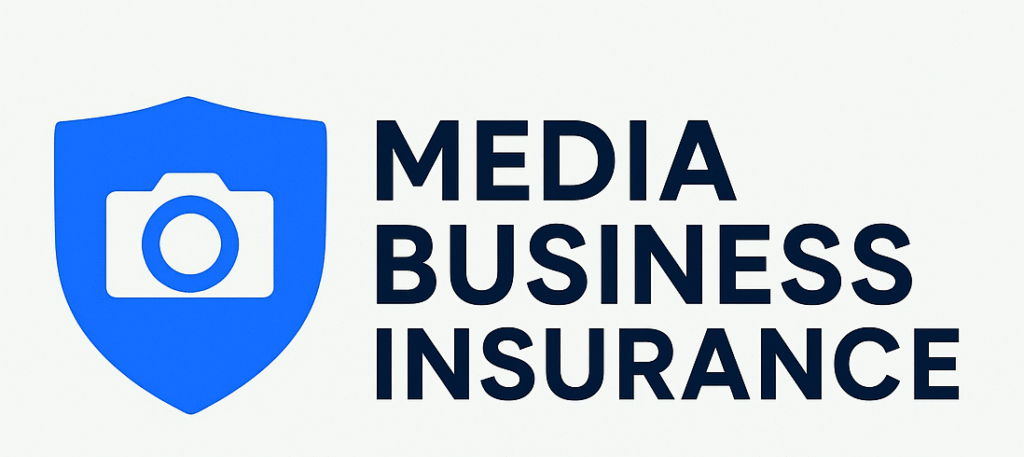Why Drone Operators Need Specialized Insurance
Drones, also known as unmanned aerial vehicles (UAVs), have revolutionized various industries by offering innovative solutions in fields like agriculture, construction, filmmaking, and real estate. However, as drones are becoming increasingly common in commercial operations, the need for specialized insurance for drone operators is becoming more apparent. In this blog post, we will explore why drone operators need specialized insurance and how it can protect them from potential risks.
What is Drone Insurance?
Drone insurance is a type of coverage that provides protection for drone operators against risks associated with flying drones. Unlike regular insurance, drone insurance is designed specifically for the unique challenges and risks that come with operating drones. This includes potential damages to property, injury to people, or any unforeseen events that may occur while the drone is in flight.
Why Do Drone Operators Need Specialized Insurance?
1. Unique Risks Associated with Drones
Unlike traditional vehicles or machinery, drones are prone to unique risks. A minor malfunction, human error, or an unexpected change in weather can lead to accidents. These accidents could cause harm to people or property and may result in lawsuits or compensation claims. Without the right coverage, drone operators could face significant financial liability.
2. Compliance with Legal Requirements
In many countries, regulations require drone operators to have specific types of insurance before they can legally fly drones for commercial purposes. For example, the Federal Aviation Administration (FAA) in the United States mandates drone operators to hold insurance for commercial use. By having specialized insurance, drone operators can ensure compliance with these regulations and avoid fines or penalties.
3. Protection Against Damage to Equipment
Drones can be expensive to purchase and maintain, especially for professional-grade models. In the event of an accident, the drone could be severely damaged or destroyed. Specialized insurance provides coverage for such instances, helping operators repair or replace their equipment without bearing the full financial burden.
4. Third-Party Liability Protection
One of the most critical aspects of drone insurance is liability coverage. Drones can cause accidents that may harm third parties or damage property. Whether it’s an aircraft collision, damage to a building, or injury to an individual, specialized insurance ensures that drone operators are covered in these situations, protecting them from costly lawsuits and legal fees.
5. Coverage for Data Loss
In some cases, drones are used to capture valuable data, such as aerial photos, videos, or surveys. If a drone were to crash and result in the loss of such data, it could lead to significant financial losses, especially for industries like real estate or media. Some specialized drone insurance policies offer coverage for the loss or damage of this critical data.
6. Personal Injury Coverage
Drone operations, especially in busy or confined areas, pose a risk to both operators and bystanders. An accident can result in personal injury, which could lead to hefty medical bills or legal costs. Drone insurance can help cover medical expenses, and in some cases, provide protection in the event of lawsuits related to personal injury caused by the drone.
7. Coverage for Non-Owned Drones
In certain cases, drone operators may need to fly drones that they do not own, such as rental or loaned equipment. Standard insurance policies might not cover non-owned drones, but specialized drone insurance can offer protection for these scenarios. This is especially important for businesses that rely on drone rentals or collaborations with other operators.
Types of Drone Insurance Coverage
Drone insurance policies typically come with a variety of coverage options. These may include:
-
Liability Insurance: This covers damage to property or injury caused to a third party. It is crucial for commercial drone operators who work in public spaces or on construction sites.
-
Hull Insurance: This covers the drone and its accessories, such as the camera or gimbals, in case of a crash or other accident.
-
Payload Insurance: For drone operators who carry valuable payloads like cameras, sensors, or other equipment, this coverage protects against damage or theft.
-
Drone Data Insurance: Covers the loss of or damage to important data, which is particularly useful for industries that rely on the collection of aerial data.
-
Public Liability Insurance: Covers injuries or damages caused by drone operations that affect the general public, such as accidents in busy areas or public events.
How to Choose the Right Drone Insurance
Choosing the right drone insurance policy depends on various factors, including the type of drone operations, the value of the drone, and the specific risks associated with the industry. Here are some key considerations when selecting a drone insurance policy:
-
Assess Your Needs: Understand the specific risks associated with your drone operations and ensure that the insurance coverage includes protection against those risks.
-
Read the Policy Carefully: Be sure to read the policy terms and conditions to understand the coverage limits, exclusions, and any specific requirements.
-
Choose the Right Provider: Look for insurance providers that specialize in drone insurance and have experience in the industry. This ensures that the policy is tailored to your needs.
FAQs
Q: Do I need drone insurance for recreational flying?
A: No, drone insurance is generally not required for recreational flying. However, if you’re using a drone for commercial purposes, such as aerial photography or surveying, you will need specialized insurance.
Q: Does drone insurance cover damage to other people’s property?
A: Yes, liability coverage within drone insurance typically covers property damage caused by your drone, as well as injury to third parties.
Q: What does hull insurance cover?
A: Hull insurance covers the physical damage or loss of the drone and its components, including cameras, gimbals, and other accessories, due to accidents or crashes.
Q: Is drone insurance expensive?
A: The cost of drone insurance varies based on the type of coverage, the value of the drone, and the level of risk associated with your operations. It is generally affordable, especially when compared to the potential costs of accidents or legal issues.
Q: Can I get drone insurance if I don’t own a drone?
A: Yes, if you’re operating a drone that you do not own, you can get non-owned drone insurance to protect against potential risks.
Conclusion
In the fast-growing world of drone operations, specialized insurance is an essential investment for protecting against potential risks and ensuring compliance with legal regulations. Whether you’re operating a drone for commercial use or renting equipment for specific projects, having the right insurance can safeguard your business and provide peace of mind.
At Media Business Insurance, we understand the unique risks that drone operators face, and we offer specialized coverage options to help keep your business safe. Contact us today to learn more about how we can assist you with drone insurance solutions that meet your specific needs.


